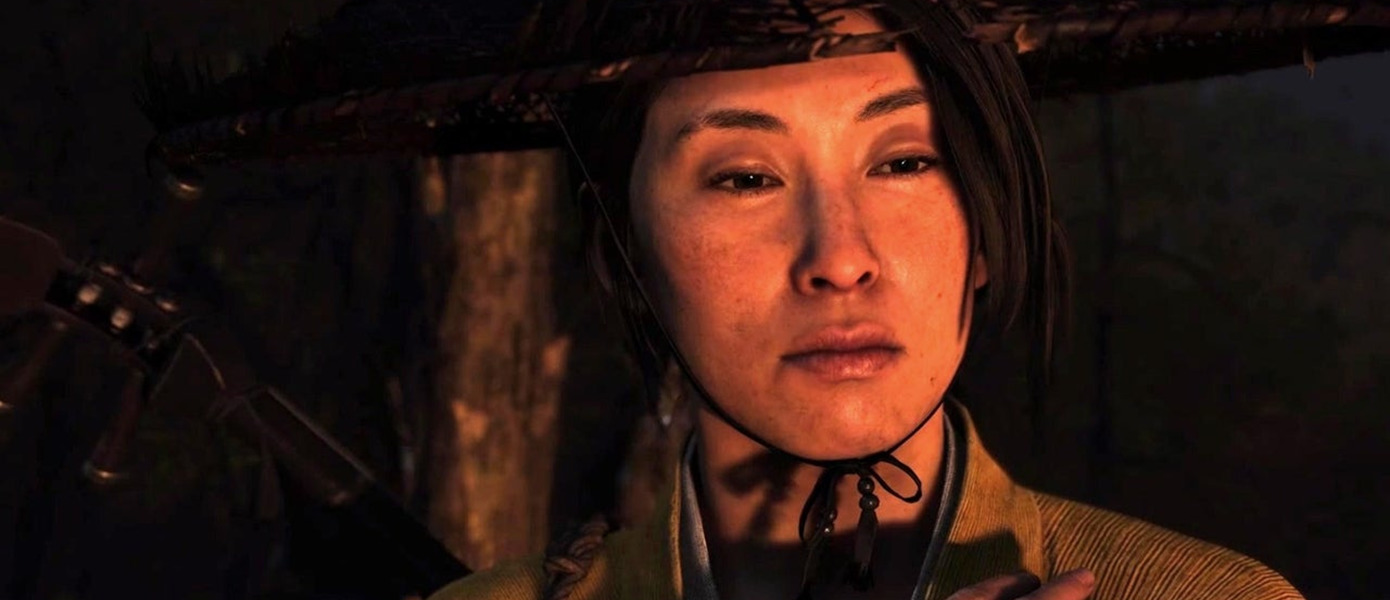In the vast, sprawling cosmos of modern gaming, the open-world genre has become a titan, offering players immense landscapes and endless activities. Yet, with this abundance often comes a subtle, creeping sensation: monotony. The map becomes a canvas of icons, each representing a chore, a waypoint, or another quest marker diligently guiding you to your next objective. It’s a design philosophy that, while providing structure, can inadvertently stifle the very essence of exploration – the joy of stumbling upon something truly unexpected.
Enter Ghost of Yotei, the highly anticipated successor to Sucker Punch`s critically acclaimed Ghost of Tsushima. Set to grace the PlayStation 5 this October, the developers are not merely building on a legacy; they are actively re-evaluating the open-world paradigm. Their goal? To craft an experience that eschews the feeling of overwhelming obligation, instead championing player curiosity and genuine discovery.
The Art of Un-Guidance
Nate Fox and Jason Connell, the creative minds steering both Tsushima and Yotei, have articulated a clear vision: less hand-holding, more player-driven adventure. In a world accustomed to glowing breadcrumbs and insistent mini-map pings, this approach might seem counter-intuitive. However, it`s a deliberate choice, born from a deep understanding of what makes open worlds truly captivating.
“The thing that Jason and I love the most is that moment when you`re on your horse and you`re looking at this big, beautiful landscape,” shared Nate Fox. “And maybe the wind is telling you, if you would like to continue the story, go that way. But you see something out of the corner of your eye that catches your curiosity. And you say, `you know what? I`m going to go check that out.` That moment where the game`s not telling you really about where to go or what to do. It`s you. That`s the most beautiful thing about open-world games.”
This philosophy echoes the subtle brilliance of Tsushima`s “Guiding Wind” – an elegant, non-intrusive mechanic that nudged players in the right direction without plastering the UI with distracting markers. For Ghost of Yotei, this concept is set to be amplified, placing the onus of adventure squarely on the player’s shoulders. It’s a refreshing gust of wind in a genre often accused of being bogged down by its own sprawling ambition.
Where Cinematic Art Meets Interactive Freedom
The cinematic inspirations that defined Ghost of Tsushima are set to return with even greater reverence in Ghost of Yotei. The game will continue its homage to classic samurai films, notably through the reintroduction of the beloved Kurosawa mode, a stark, monochromatic filter inspired by the legendary director Akira Kurosawa`s works. This isn`t just an aesthetic choice; it`s a foundational element of the game’s identity.
As Jason Connell noted, the challenge lies in weaving this rich, structured narrative inspired by samurai cinema with the expansive freedom players crave. It’s a delicate dance: “Allowing players to enjoy it, while at the same time, we`re never going to abandon the structure of the story.” This suggests a narrative framework that is robust enough to provide direction, yet flexible enough to allow players to deviate, explore, and forge their own tales within the larger historical tapestry.
Sucker Punch is walking a fine line, balancing the familiar comfort elements that made Tsushima a success with innovative new mechanics. This balance is crucial; it ensures that while players feel at home, they are also constantly discovering fresh facets of gameplay and environmental interaction. The ambition is clear: to deliver an evolution, not just an iteration.

A Promise of Genuine Exploration
In an era where many open-world titles struggle to differentiate themselves beyond sheer map size, Sucker Punch’s focus on player agency and organic discovery positions Ghost of Yotei as a potential game-changer. By dialling down explicit guidance and trusting players to find their own path, they are not just creating a game; they are fostering an environment for genuine, unscripted adventure. The journey, it seems, will truly belong to the player, rather than being a series of checkboxes dictated by a map. This subtle, yet profound shift, could very well be the antidote to the open-world fatigue many gamers have begun to feel.
Ghost of Yotei is scheduled to release on PlayStation 5 on October 2, 2024. Limited-edition PS5 bundles will also be available.

